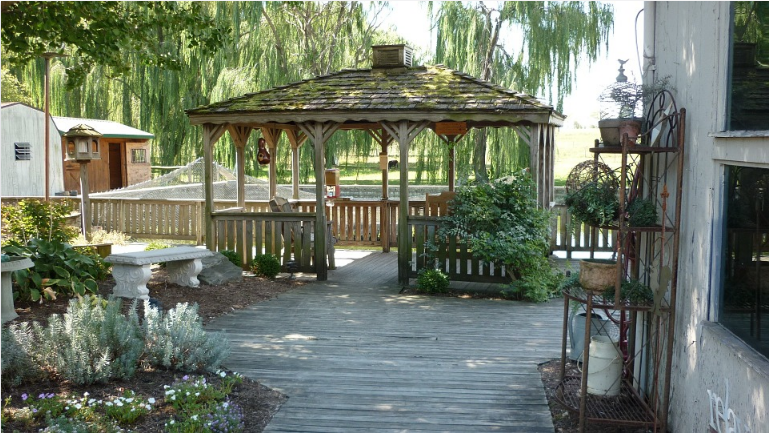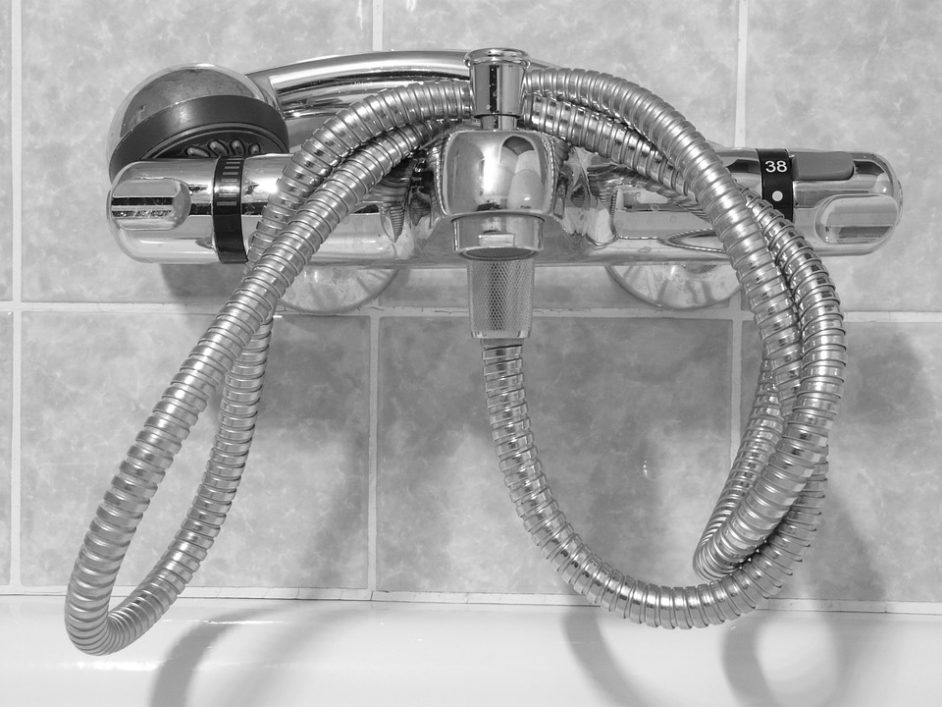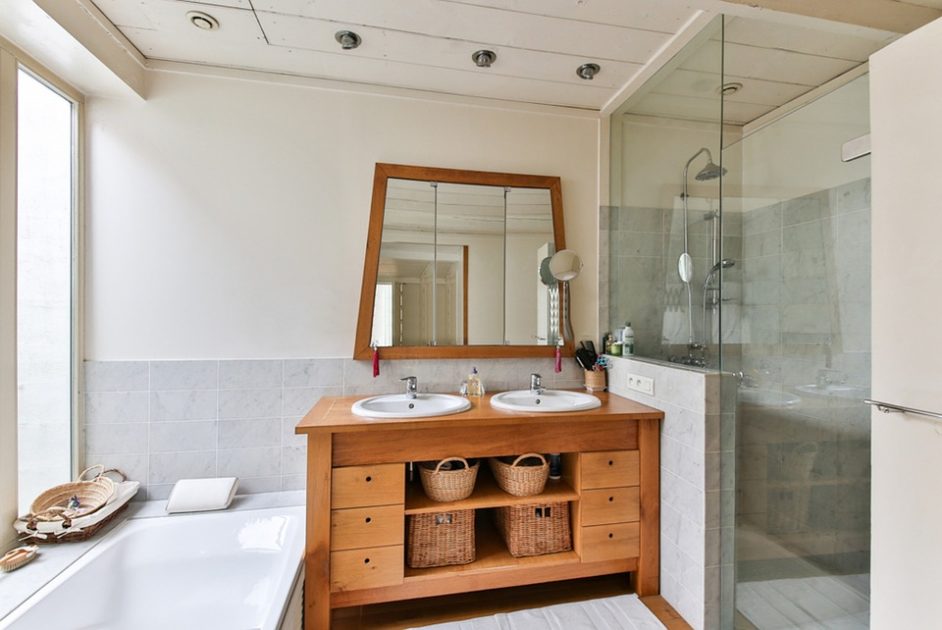There are numerous critical things that you want to know about in case you’re thinking about purchasing a condo. Any of those issues can seriously impact your wellbeing in addition to your cost of living. Thus it would be best if you did plenty of research on condo living guide and investing prior to buying. If you do not, you could encounter some problematic and fiscally damaging issues. A number of the problems this article discusses apply to condos regardless of where you intend to purchase.
Review the Unit
 Because of this, it is important to understand the truth before making your purchase. The fact remains that condos give you an inexpensive method of life that relieves you of outside upkeep chores while at precisely the same time fulfilling a neighborhood of like-minded men and women who love social activities collectively.
Because of this, it is important to understand the truth before making your purchase. The fact remains that condos give you an inexpensive method of life that relieves you of outside upkeep chores while at precisely the same time fulfilling a neighborhood of like-minded men and women who love social activities collectively.
Being made to invest in things that you don’t believe you need to have to cover. Ultimately, you want to see that in the event you haven’t ever lived in a condominium before, it could be tough for you to adapt to the lifestyle.
Read the Tenancy Rules
Many who go into condos don’t understand the legal and societal consequences of doing this. They don’t know the idea of communal living. On the other hand, the vacation ends when they realize they might need to pay their share of purchasing someone else’s new roof, although they might not be getting themselves.
Additionally, they’re unaware of this if a person becomes injured on the condominium home, all residents are equally accountable for any damages, the price of which may encounter thousands of dollars.
Understand the Financials
If you go to a condo, you become financially connected to all the other owners in your area. All of you pay a monthly fee set aside to cover basic property upkeep. Every year several communities vote to completely or partly finance them. Owners then spend less, but less money goes in the reserves. If it is old, the board might require more cash than that which is in the reservations. Councils can borrow some money or charge every unit owner a commission called an appraisal to cover the surplus. Boards usually decide to check because it is less costly than borrowing.…



 You maintain healthy plants and trees if you are working on with an existing landscape; that way, you can save up more money for growing new seeds. You can look for ways on how to transfer smaller plants if you want to move them. If you have encountered plants and trees that you are not familiar with, you can do a little research to learn how to take care of them properly. You can do it now since almost everything is accessible online!
You maintain healthy plants and trees if you are working on with an existing landscape; that way, you can save up more money for growing new seeds. You can look for ways on how to transfer smaller plants if you want to move them. If you have encountered plants and trees that you are not familiar with, you can do a little research to learn how to take care of them properly. You can do it now since almost everything is accessible online! The beautiful plants in a garden can easily attract people. Sometimes, they tend to plant the same things as their neighbor even though they do not have enough knowledge about how to take care of it. Your money can be wasted when you purchase a plant that cannot survive in one season. When that happens, you have to buy another plant to replace the other one that died. Do some research about the plants you want to have in your garden and a huge possibility that it will last long. Choose the plants that are acceptable for the different conditions in your garden.…
The beautiful plants in a garden can easily attract people. Sometimes, they tend to plant the same things as their neighbor even though they do not have enough knowledge about how to take care of it. Your money can be wasted when you purchase a plant that cannot survive in one season. When that happens, you have to buy another plant to replace the other one that died. Do some research about the plants you want to have in your garden and a huge possibility that it will last long. Choose the plants that are acceptable for the different conditions in your garden.…





 It is already a tested and proven fact that furry pets, including dogs and cats, are the culprits when it comes to the invasion of our homes by fleas and ticks. This doesn’t mean that we should banish our good friends from the confines and vicinity of our homes for good, it simply means that we have to be on the look out for any further invasions.
It is already a tested and proven fact that furry pets, including dogs and cats, are the culprits when it comes to the invasion of our homes by fleas and ticks. This doesn’t mean that we should banish our good friends from the confines and vicinity of our homes for good, it simply means that we have to be on the look out for any further invasions.
 Electrical wires have different colors. Use of one color over another is governed by a set of color codes. All these colors have a symbolic meaning. The most common colors you can across are red, yellow, black bare copper and green. If you notice a differently colored in your wiring system, it is imperative to replace it and ensure it is consistent with the color code. Black and red cables indicate a hot connection. Yellow and blue wires are used where there are three or four connections. Lastly, the bare copper and green types are to ensure safe connections.
Electrical wires have different colors. Use of one color over another is governed by a set of color codes. All these colors have a symbolic meaning. The most common colors you can across are red, yellow, black bare copper and green. If you notice a differently colored in your wiring system, it is imperative to replace it and ensure it is consistent with the color code. Black and red cables indicate a hot connection. Yellow and blue wires are used where there are three or four connections. Lastly, the bare copper and green types are to ensure safe connections. Do you aluminum wiring in your home or other premises? If yes, know that this type of wiring is outdated. Over time, it was established that these electrical wires offer a high chance of causing fire hazard issues. As such, modern electrical codes recommended having copper wiring which is apparently safer than aluminum wiring. Thus, if you are considering safety, it is prudent to consider copper wiring.
Do you aluminum wiring in your home or other premises? If yes, know that this type of wiring is outdated. Over time, it was established that these electrical wires offer a high chance of causing fire hazard issues. As such, modern electrical codes recommended having copper wiring which is apparently safer than aluminum wiring. Thus, if you are considering safety, it is prudent to consider copper wiring.

 We all know what global warming is and how it affects our nature. As much as possible, we should switch to eco-friendly products. When it comes to tile flooring, travertine tiles are proven to be environmentally friendly. Plus, once the travertine is properly installed, it will not absorb dust nor chemicals thus its safe to say that it will never be a source of bacteria.…
We all know what global warming is and how it affects our nature. As much as possible, we should switch to eco-friendly products. When it comes to tile flooring, travertine tiles are proven to be environmentally friendly. Plus, once the travertine is properly installed, it will not absorb dust nor chemicals thus its safe to say that it will never be a source of bacteria.…
 Nothing good comes on a silver platter easily. Whoever said this was very correct. For you to find a perfect shower head for your bathroom, you need to go an extra mile and some research. Make sure that you are conversant with all the features that a good showerhead should have. Here are some of the things that will help you get that best showerhead that you are looking for.
Nothing good comes on a silver platter easily. Whoever said this was very correct. For you to find a perfect shower head for your bathroom, you need to go an extra mile and some research. Make sure that you are conversant with all the features that a good showerhead should have. Here are some of the things that will help you get that best showerhead that you are looking for. There are situations where you are supposed to ensure that the flow of water is minimal. This can be achieved if you only by the right showerhead. The standard flow of water nowadays is 2.5 gallons per minute. You also need to remember that you must read, all shower head reviews if you are to find a perfect shower head.…
There are situations where you are supposed to ensure that the flow of water is minimal. This can be achieved if you only by the right showerhead. The standard flow of water nowadays is 2.5 gallons per minute. You also need to remember that you must read, all shower head reviews if you are to find a perfect shower head.…
 Vinyl flooring is one of the most common options for the bathroom floor. Vinyl flooring is very comfortable when one is barefooted; the floor is not too hot during summer neither is it too cold during winter. The vinyl floor is water resistant meaning it cannot soak in excessive water for use during a shower or while cleaning the floor. The vinyl floor is stable and minimizes slipping over when in the bathroom.
Vinyl flooring is one of the most common options for the bathroom floor. Vinyl flooring is very comfortable when one is barefooted; the floor is not too hot during summer neither is it too cold during winter. The vinyl floor is water resistant meaning it cannot soak in excessive water for use during a shower or while cleaning the floor. The vinyl floor is stable and minimizes slipping over when in the bathroom. Though not as popular as the other two it is a bathroom option. Ideally, moisture would fill up the outer top layer of the bathroom floor leading to the floor pealing overtime. Once manufacturers discovered the weakness in the product design upgrades were done to ensure that laminate flooring is appropriate for the bathroom. Thus, if one desires the wood finishing of the bathroom, then they can easily employ the flooring option.…
Though not as popular as the other two it is a bathroom option. Ideally, moisture would fill up the outer top layer of the bathroom floor leading to the floor pealing overtime. Once manufacturers discovered the weakness in the product design upgrades were done to ensure that laminate flooring is appropriate for the bathroom. Thus, if one desires the wood finishing of the bathroom, then they can easily employ the flooring option.…